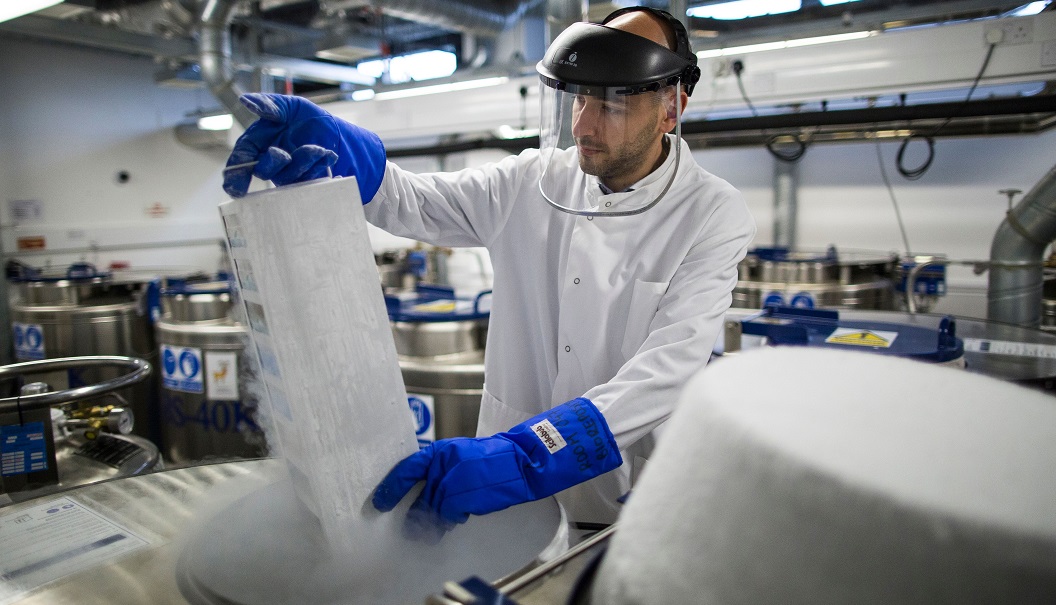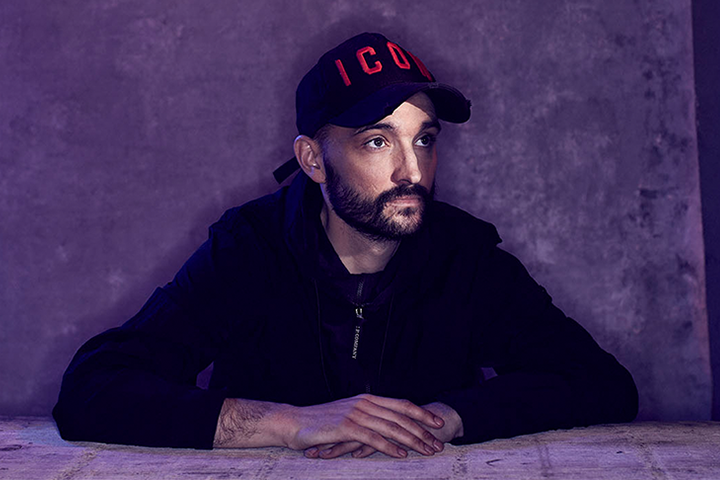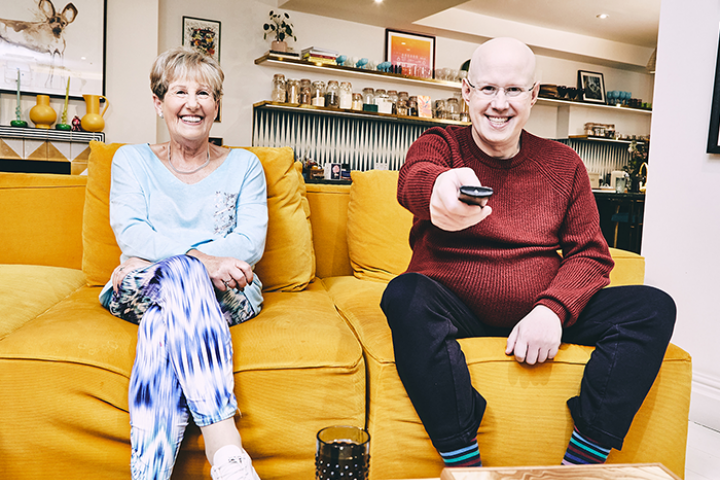Joint-funded through a collaboration between Stand Up To Cancer (SU2C) in the US and Cancer Research UK (CRUK)’s Stand Up To Cancer campaign, three US-UK teams of researchers are coming together to revolutionise how we treat cancers in children and young people. The SU2C-CRUK Paediatric Cancer New Discoveries Challenge awards aim to spark much-needed fresh ideas that could increase survival for children and young people and reduce the long-term side effects that can occur following treatment. The awards provide $1m funding over 2 years to the US-UK labs, with a possible addition of up to $5m in extra funding that will be given to the most promising projects later down the line.
BRAINatomy, an atlas of brain damage after radiotherapy
Team leaders: Dr Martin McCabe, University of Manchester, UK and Dr Tom Merchant, St. Jude Children’s Research Hospital, Memphis, US
Treatment for brain tumours can leave children and young people with long-term side effects, reducing their quality of life for years to come. While radiotherapy is helping more children and young people survive than ever before, there is a risk that permanent disabilities may arise as a result of treatment because their brains are still developing. A better understanding of which parts of the brain are most sensitive to radiotherapy is essential if researchers are to find new ways of making radiotherapy less toxic. Dr Martin McCabe and Dr Tom Merchant are leading a research team to do just this. Based at the University of Manchester and Manchester Cancer Research Centre, St. Jude Children’s Research Hospital and the University Medical Centre in Groningen, The Netherlands, the team will examine how radiotherapy with protons and X-rays causes damage to developing brain tissues, from its effect on tiny, individual cells, all the way up to how it affects the whole brain, making it possible to focus radiation beams on the tumour while reducing the damage done to healthy parts of the brain.
A new way of treating Ewing sarcoma
Team leaders: Professor Alexander Bishop, University Texas Health Science Center, San Antonio, US and Professor Kevin Hiom, University of Dundee, UK
Despite decades of work, survival of Ewing sarcoma is still lower than average survival across cancers affecting1111 children and young people. Right now, there are no targeted treatments in clinical use, but Dr Alexander Bishop and Professor Kevin Hiom are leading a team hoping to fix that. Building on their previous research findings, they will work with Chun-Wei (David) Chen at City of Hope, Duarte, US, to investigate naturally occurring, yet potentially toxic genetic molecules called R-loops. Their idea is to find ways of increasing the number of R-loops in tumours, potentially killing off the cancer cells and laying a foundation for a new class of targeted treatments.
“This transatlantic partnership is an exciting opportunity for us to collaborate internationally to develop new treatments for children and young adults with Ewing sarcoma.”
Professor Kevin Hiom
Combined therapies to overcome immune evasion
Team leaders: Professor John Anderson, University College London and Great Ormond Street Hospital, London, UK; Professor Louis Chesler, Institute of Cancer Research, London, UK and Professor Paul Sondel, University of Wisconsin, Madison, US
Immunotherapy is revolutionising treatment for some cancers and saving lives, but sadly its success in treating solid cancers affecting children and young people has been limited. Professors John Anderson, Louis Chesler and Paul Sondel are leading the way in changing this for children and young people. Their project will test whether different treatment combinations can make it easier for the immunotherapy to get into the tumour and kill off the cancer cells. They will use animal models of neuroblastoma and medulloblastoma to see how best to stop the tumours from evading the immune response, and they plan to develop a clinical trial strategy to translate the most promising treatments into real-world options for children and young people with cancer.
“Previous treatments of neuroblastoma and medulloblastoma have focussed on chemotherapy. We’re interested in combining immunotherapy approaches with drugs that target the genes that cause these childhood tumours.”
Professor John Anderson
Stand Up To Cancer (SU2C) in the US is a charitable programme of the Entertainment Industry Foundation that raises funds for translational cancer research. It was established in 2008 by media and entertainment leaders to engage the public in supporting a new, collaborative model of cancer research, to increase awareness about cancer prevention, and to highlight progress being made in the fight against the disease. As of August 2020, more than 1,950 scientists representing more than 210 institutions are involved in SU2C-funded research projects.
Find out more about the research Stand Up To Cancer funds.





